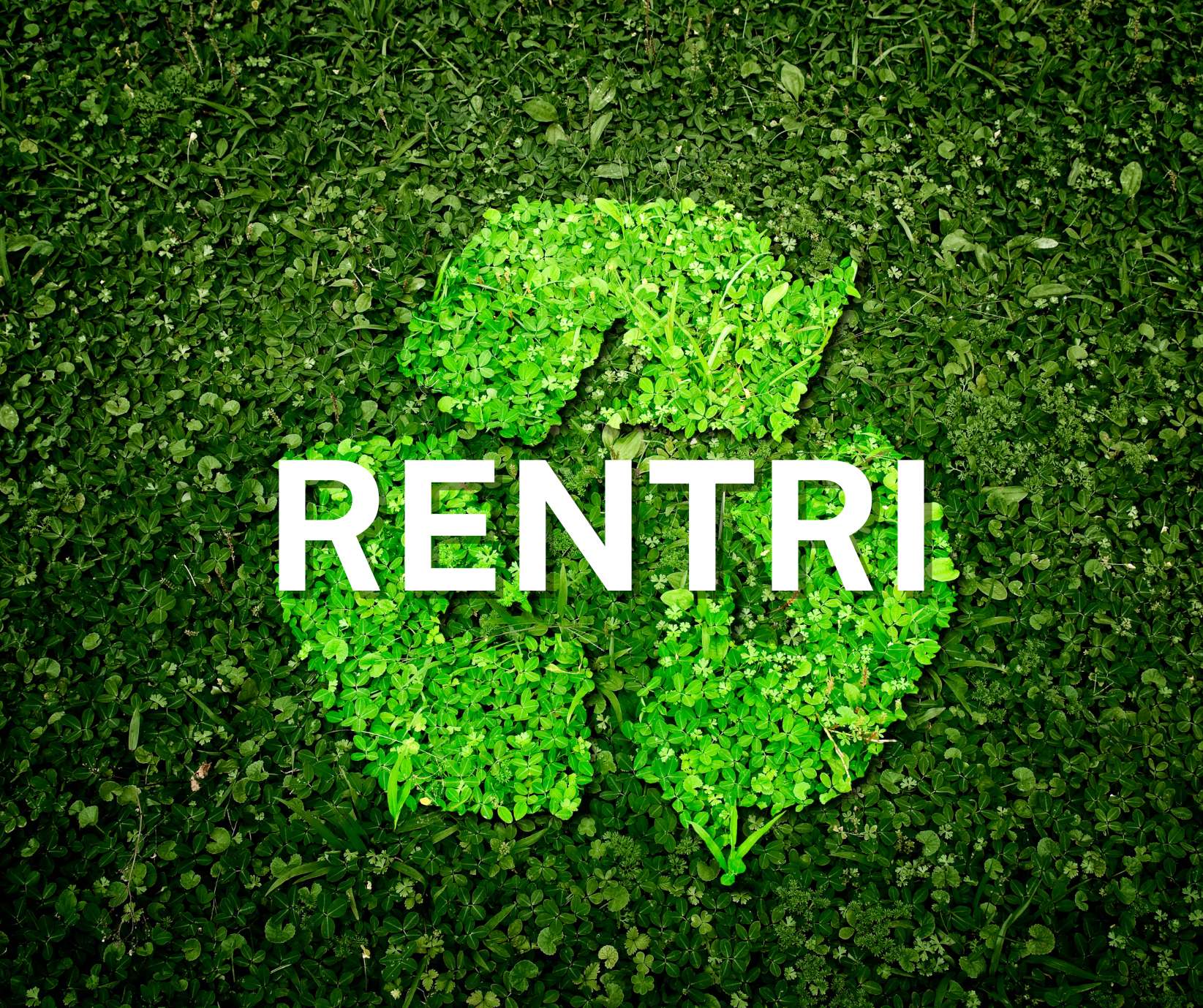What is RENTRI and why it is important for the italian waste management sector
In an era when sustainable waste management is key to environmental protection, Italy has introduced the RENTRI (National Electronic Register on Waste Traceability). This innovative system aims to revolutionize the way we monitor and manage waste, providing greater transparency and efficiency.
RENTRI is an advanced electronic waste traceability system established by the Italian Ministry of Ecological Transition. Its main purpose is to monitor the life cycle of waste, from production to final management, ensuring greater transparency and tighter control over disposal operations. RENTRI represents a significant breakthrough in waste management, aligning Italy with European best practices in environmental sustainability.
Why is RENTRI usefull
RENTRI is functional in more ways than one: it enables companies to comply more efficiently with regulatory obligations, reducing the risk of penalties due to errors or omissions in waste management. Through a centralized digital platform, companies can enter and monitor data related to waste production, transportation and treatment, thus improving the traceability and transparency of the entire process. This system allows any irregularities or non-compliant practices to be quickly identified and corrected, contributing to safer and more responsible waste management. RENTRI also facilitates the collection and analysis of data on waste streams at the national level, providing valuable information for the planning and implementation of more effective environmental policies.
Companies also benefit from the system in terms of operational efficiency. By digitizing records, the need for paper documentation is reduced, simplifying administrative procedures and reducing costs associated with physical document management. This digital process contributes to greater data accuracy and reduces the margin for human error. Real-time data sharing between different supply chain actors enables closer and more coordinated collaboration, improving logistics and waste processing. Companies can quickly access the information they need for day-to-day management and for periodic audits by competent authorities, making the system more transparent and reliable.
RENTRI is an important step toward environmental sustainability, as it closely monitors waste streams and promotes more responsible management practices, thereby helping to reduce the environmental impact of industrial activities. Increased transparency and strict monitoring incentivize companies to adopt greener solutions and invest in more efficient and less polluting waste treatment technologies. This proactive approach is essential to addressing global environmental challenges and promoting a circular economy in which waste becomes a resource.

How does it work?
The operation of RENTRI is based on a digital platform where all companies involved in waste generation, transportation and disposal must register and upload waste-related information. Every step of the process is documented and accessible in real time to the relevant authorities.In fact, this system uses advanced technologies such as blockchain and IoT to ensure the immutability and reliability of the data, which can be constantly consulted.
RENTRI’s challenges
Despite the many benefits, the implementation of RENTRI also presents some challenges. The transition to a digital system requires adaptation on the part of companies, which must invest in appropriate training and technological infrastructure. It is critical that companies fully understand the system’s functionality and requirements in order to take advantage of its benefits and promote a more conscious and responsible waste management culture.
In conclusion, RENTRI is a key component of Italy’s strategy for more efficient, transparent and sustainable waste management. Companies have the opportunity to improve their operational practices while contributing to environmental protection and promoting sustainability. Adopting RENTRI is not only a regulatory requirement, it is also an investment in the future, ensuring that natural resources are used responsibly and that the environmental impact of human activities is minimized.